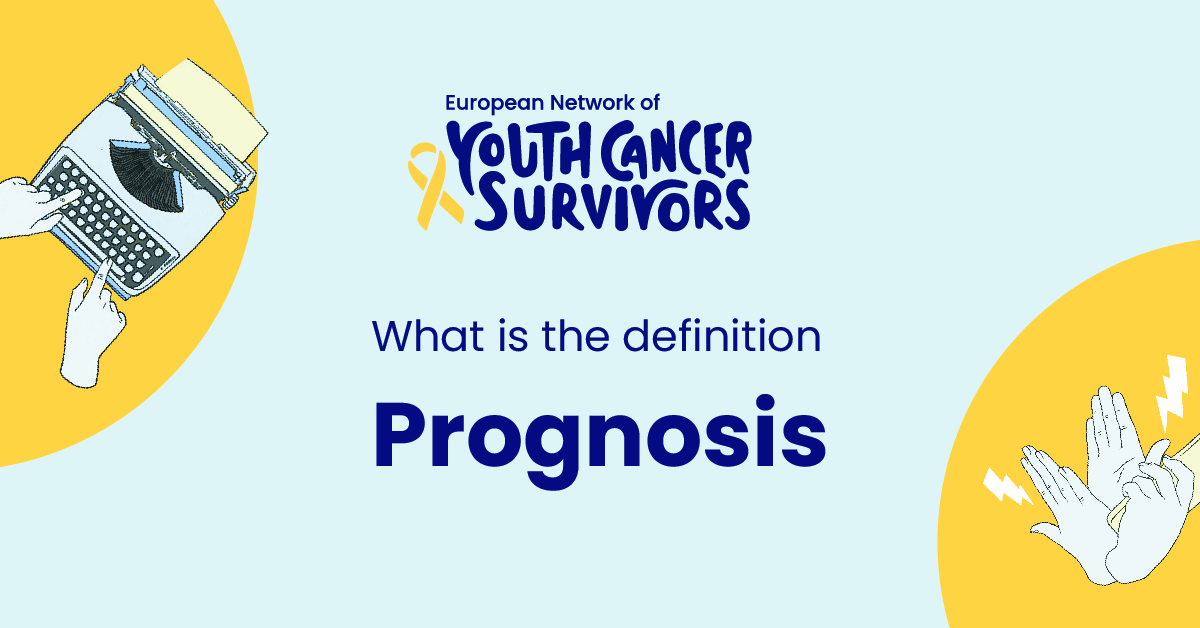
In the realm of medicine, the ability to forecast the likely course and eventual outcome of a disease–otherwise known as a prognosis- is a crucial factor. It aids in transforming health outcomes and improving the quality of patient care.
The importance of understanding a prognosis cannot be understated. Prognosis provides a projected path of disease progression and aids physicians in device a suitable treatment plan. Knowledge of one’s prognosis can help patients make informed healthcare decisions and maintain a sense of hope.
Defining Prognosis
By definition, prognosis refers to the likely course or outcome of a disease
Formulating a prognosis involves a comprehensive analysis of a patient’s medical history, physical findings, the results of diagnostic tests, and the nature of the disease process. Healthcare professionals utilize this information to anticipate the potential progression and outcome of the disease.
It is equally important for patients to comprehend the medical context of a prognosis. This involves understanding the disease, its potential course, and the possible effects of different treatment options, all of which provide a complete picture of what to expect.
Factors Influencing a Prognosis
The overall health of a patient greatly impacts prognosis; the stronger the immune system, the better the potential for recovery.
The stage and type of the disease at diagnosis have significant implications on the prognosis. Early detection often results in a better prognosis than late-stage detection.
Patient response to treatment also influences prognosis. Some react well and have a better prognosis, while others may not respond as favorably, leading to a grimmer prognosis.
Age and Lifestyle factors, such as smoking, alcohol use, exercise, and diet, can impact the prognosis. Younger patients and those with healthy lifestyles generally have a better prognosis.
Differing Types of Prognosis
- A good prognosis indicates that the individual is likely to recover fully and return to their normal life expectancy.
- A poor prognosis signifies a short life expectancy and a low chance of recovery.
- A guarded prognosis means the outcome is uncertain, usually due to the unpredictability of the disease or condition.
Prognosis types often interplay and may change as new medical information about the patient or the disease becomes available. Therefore, prognosis is not a fixed or definitive prediction, but rather an educated estimate.
Get to know us better
If you are reading this, you are in the right place – we do not care who you are and what you do, press the button and follow discussions live

The Role of Prognosis in Healthcare
Prognosis plays a pivotal role in treatment planning. It guides healthcare professionals in devising appropriate treatment modalities, monitoring disease progress, and determining when to alter or cease treatment.
Prognosis also informs consent processes. Patients should understand their prognosis before agreeing to any therapeutic intervention. This knowledge allows them to weigh the proposed benefits against the risks and side effects.
A grim prognosis may seem demoralizing to patients. However, understanding one’s prognosis can also maintain hope. It fosters conversations about what to expect and drives medical teams to optimize the quality of care and possible outcomes.
Prognosis Vs Diagnosis
Diagnosis identifies the disease, while prognosis predicts its probable course and outcome. Both are essential in care planning and patient communication, although prognosis takes into account more individual patient variables and looks further into the future.
Understanding both diagnosis and prognosis is vital for patient care. It enables informed decisions about treatments and assists in managing patient expectations about what lies ahead.
Conclusion
In summary, prognosis is more than a medical term; it’s a prediction tool that guides care and fosters hope. It is influenced by numerous factors, evolves with time, and is pivotal in treatment planning and informed consent. It should be distinguished from diagnosis yet is equally important in patient care.
Accurate prognosis can significantly affect patient outcomes. It can lead to more effective personalized treatment, allowing patients to have a full understanding of their disease and empowering them to make informed healthcare decisions.
FAQs
- What is the difference between prognosis and diagnosis?
Diagnosis identifies the disease, while prognosis predicts the probable course and outcome.
- How can a prognosis influence treatment options?
A prognosis informs care planning, decisions about treatments, and managing patient expectations about what lies ahead.
- What factors can affect a prognosis?
Various factors can affect prognosis, including general health, the stage/type of disease, the patient’s response to treatment, and age/lifestyle factors.
- Can a prognosis change over time?
A prognosis is not a fixed prediction but an educated estimate, which may change as new information becomes available.
- Is a prognosis always accurate?
A prognosis is an educated estimate based on available data and is as accurate as current medical knowledge allows. There may be factors unknown or unmeasured that can affect the course of the disease, making the prognosis less accurate.







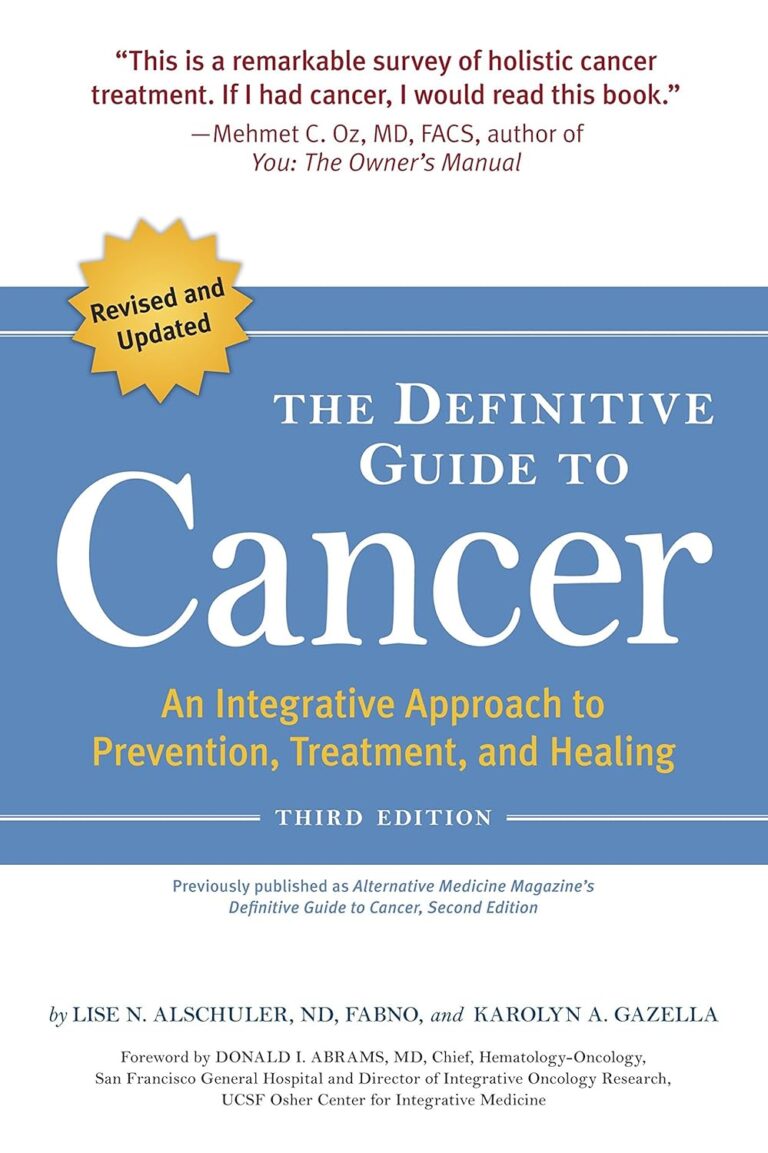

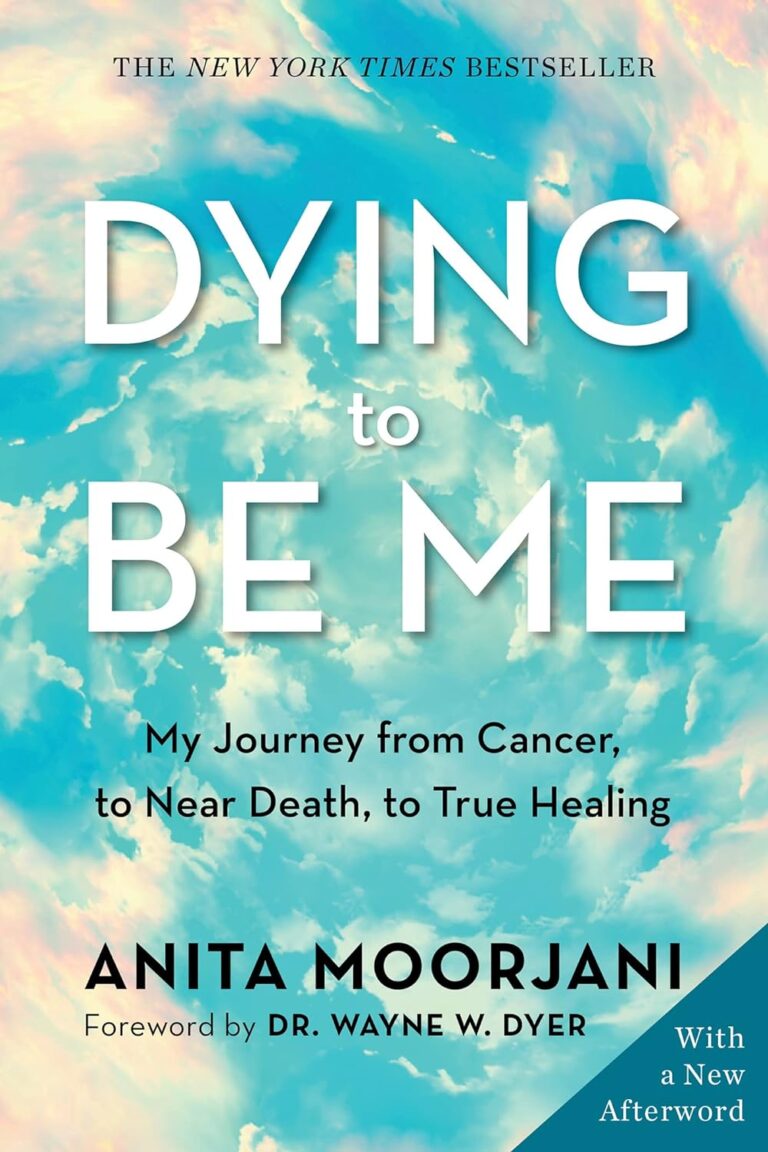

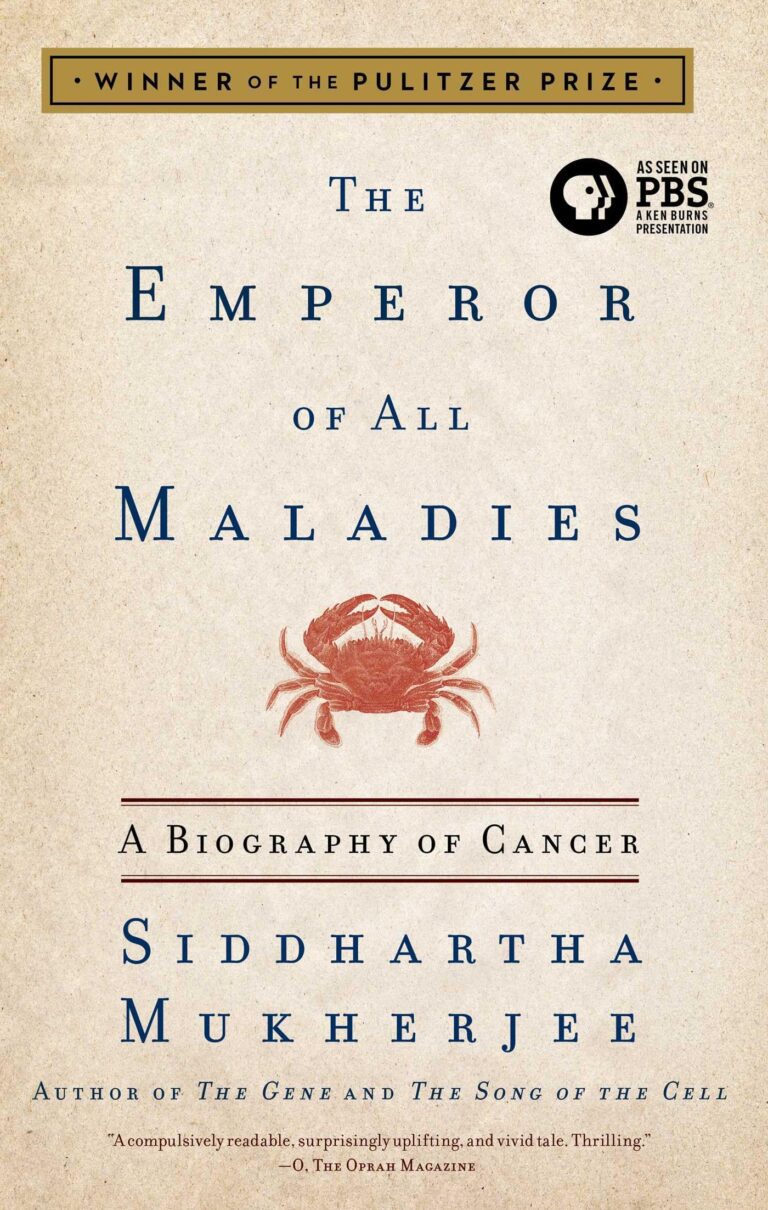

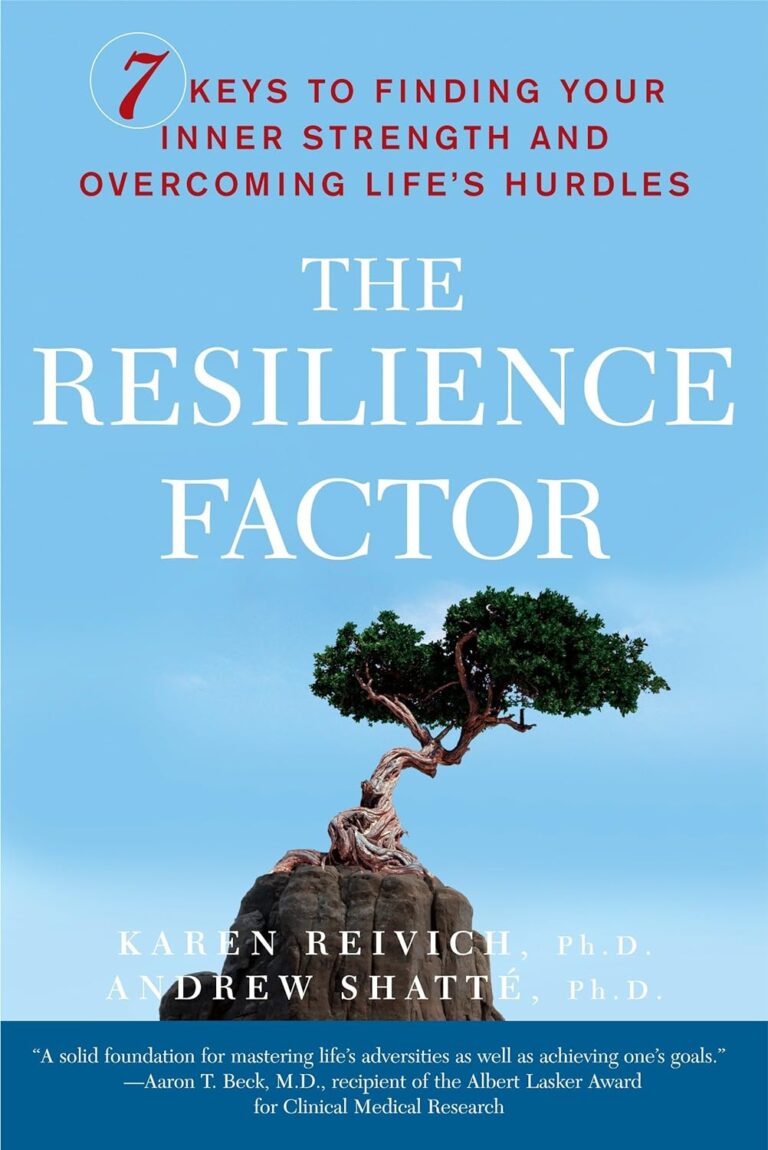

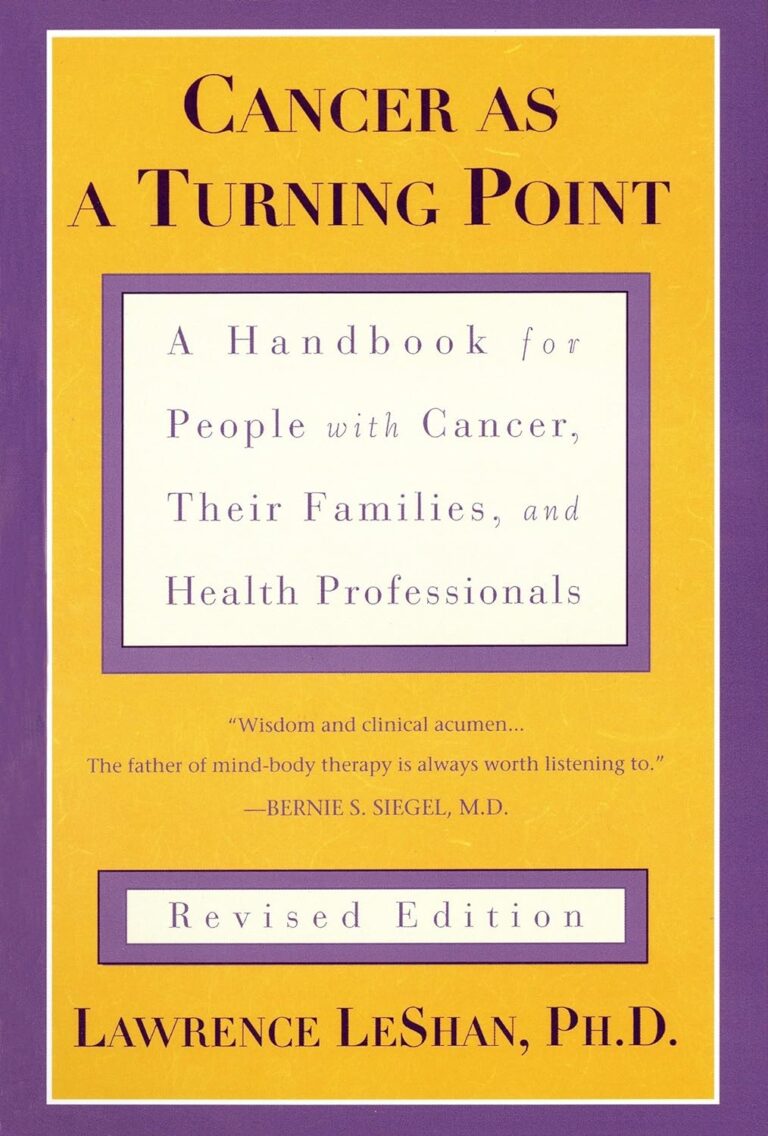

Comments
Thank you. Comment sent for approval.
Something is wrong, try again later